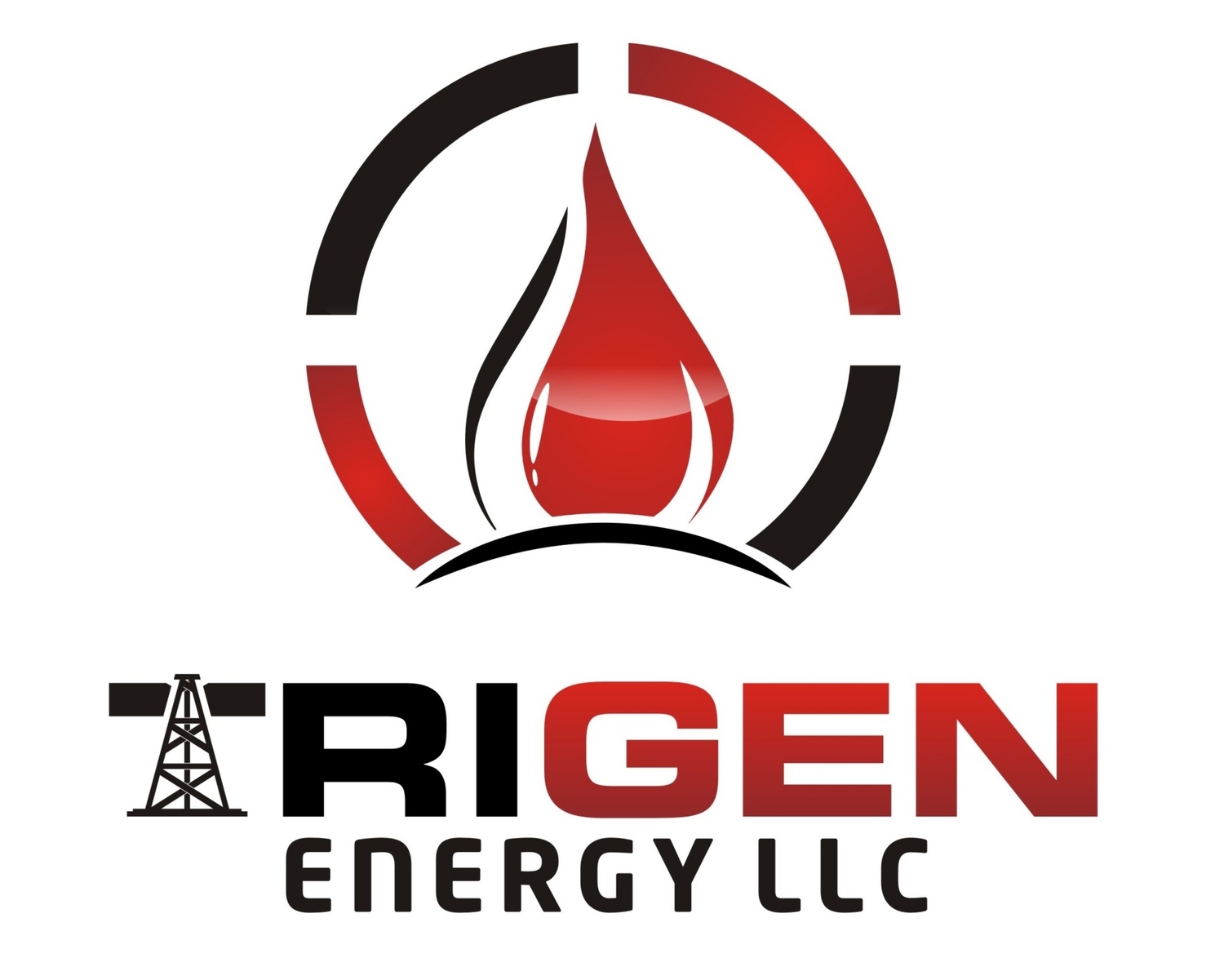What Makes a Good Land Agent?
Land agents play an essential role in supporting CCS (carbon capture and storage), oil and gas, solar, wind, and other energy projects. Interacting and negotiating with landowners, managing deals and related documentation, and coordinating on-the-ground activities are just a few of land agents’ responsibilities.
As with any other line of work, however, not everyone is meant to become a landman. This article explores the qualities that we value in land agents.
Going Beyond Industry Experience
Possessing real-world experience is certainly valuable, but it’s not the only indicator of success. Here are five additional characteristics to look for when staffing up with land agents.
1. Personality
Personality is defined as a person’s “own way of thinking, feeling, behaving, and relating to others,” according to the National Library of Medicine’s online resource, MedlinePlus. A good land agent spends considerable time out in the field establishing new connections and building relationships. Extroverts have an advantage here, which is not to say that introverts are destined to fail as land agents. Introverts may just have to try a little harder to overcome their natural tendencies.
2. Organizational Skills
One area of interest (AOI) may involve thousands of acres and dozens of landowners. Securing lease agreements from multiple stakeholders can require weeks or months of effort along with many meetings, voicemails, emails, and text messages. That’s a lot of moving parts to get deals done, which is why organizational skills are vital.
3. Creativity
Some landowners openly welcome lease opportunities, while others proactively look for ways to avoid conversations with landmen. Effective land agents use their creativity with both groups of landowners, in particular with the latter. Getting your foot in the door can require outside-the-box thinking, a skill that not every land agent possesses.
4. Ability to Adapt and Change
Not everyone will be enthusiastic about the development of energy projects in their community. Obviously, getting landowners to say “yes” is the goal, but sometimes receiving a “no” is actually a good thing—especially when compared to noncommittal answers. Successful land agents avoid becoming overly optimistic and remain focused on reality. Doing so allows an agent to confidently pursue the next best opportunity rather than chasing a dead-end street.
5. Strong Moral Character
Last, but not least, an ideal land agent is guided by a strong moral character across all aspects of life. These guiding principles translate into healthy relationships with landowners and project developers and, ultimately, result in better projects.
Need Land Agents for an Energy Project?
Trigen Energy provides professional land services for companies involved in energy and decarbonization projects. Contact us to start a conversation and learn about our capabilities.

